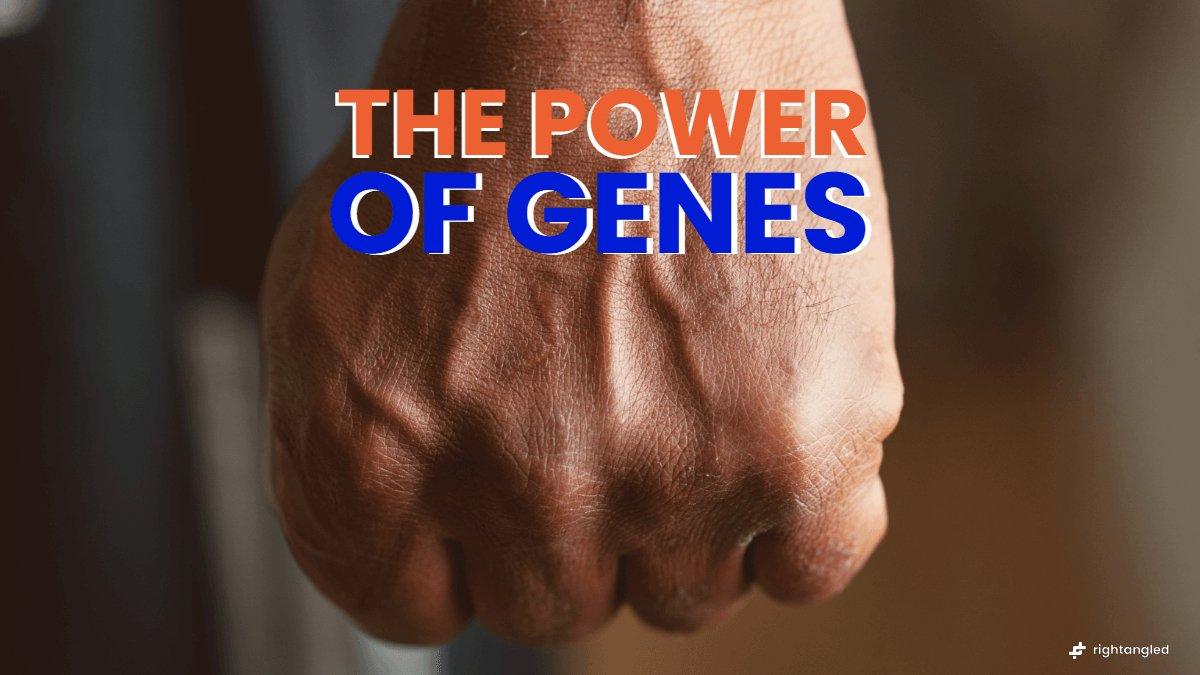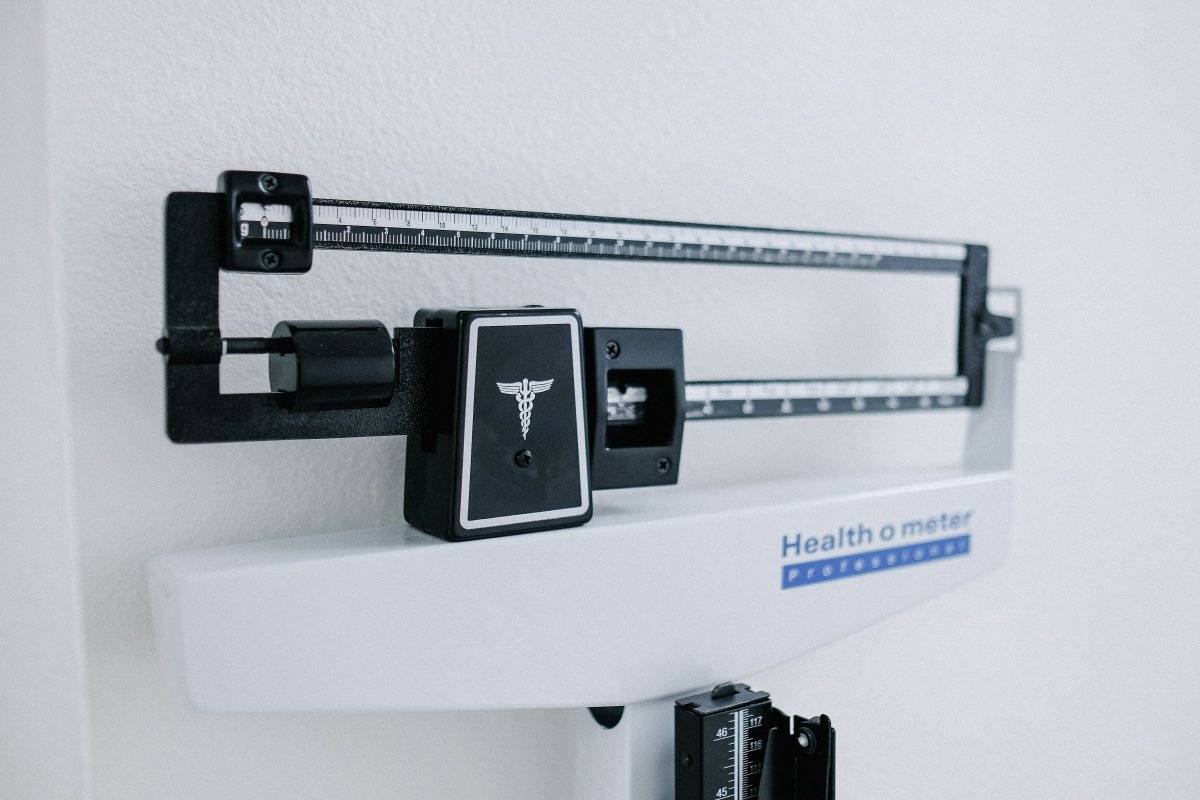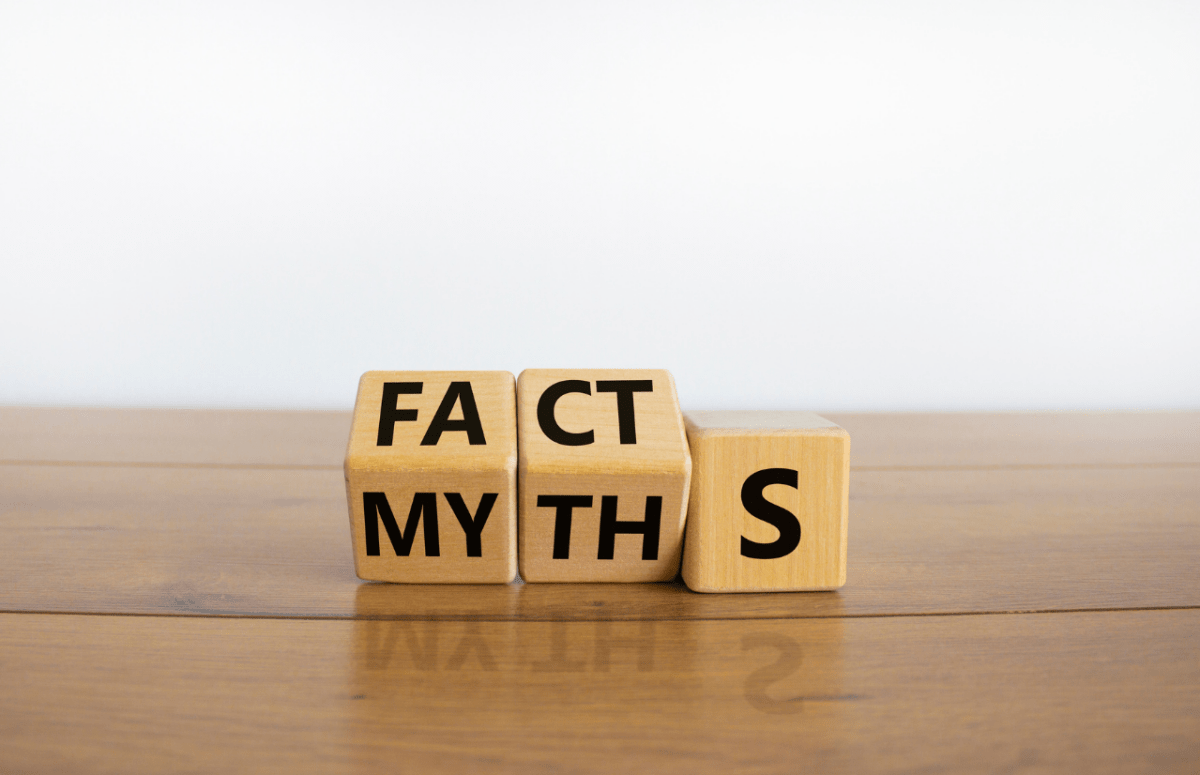Reviewed and updated Dec 2019
If you have ever questioned why some people can achieve more out of their training than others, with less effort and intensity, then genetics can be an answer.
There is no doubt that physical fitness is influenced by numerous environmental factors. Training programs, diet plans and high-quality equipment make a big contribution towards, and can improve, overall physical performance. However, there is a critical factor underlying all of this, which may eventually be the most important of all - your GENES.
Years of physiological research in physical fitness have resulted in comprehensive knowledge of how our genes are able to influence the way we respond to certain physical exercises. It is now becoming more apparent why some individuals can get better and faster results than others.
Currently, research has identified over 150 genes associated with fitness and physical performance and studies are still going to evaluate the importance of exercise genomics.
Here are some examples of genes that can influence the way we perform in certain exercise:
ACTN3
ACTN3 gene, also called the ‘speed gene’, is associated with muscle fiber contraction during exercise. Although everyone is carrying this gene in their DNA, there are two different variants of ACTN3. Individuals with the T variant will have an advantage in power-based sports such as sprinting or weight-lifting, whereas individuals with the C variant are likely to have lower muscle strength, hence showing poorer performance in power-based exercise.
AGTR2
The AGTR2 gene plays an important role in skeletal muscle development and metabolism. Individuals with the A variant are more likely to perform better in power sports, as it is associated with a higher number of fast twitch muscle fibers. Whereas, individuals with the C variant are more likely to perform better in endurance exercise, as it is associated with a higher number of slow twitch muscle fibers.
AMPD1
The AMPD1 gene codes for a protein which is found in muscles and associated with muscle recovery. People with reduced or altered function of AMPD1 gene are more likely to recover slowly from exercise sessions and may experience pain post physical training.
The world of genetics provides us with an extensive knowledge on how our body works and gives us an opportunity to build a solid bridge towards personalised training plans and helps to achieve desired fitness goals.
Click here to listen to your DNA: discover your genes associated to fitness and performance.





Share:
Trial and Error in Dieting and Fitness